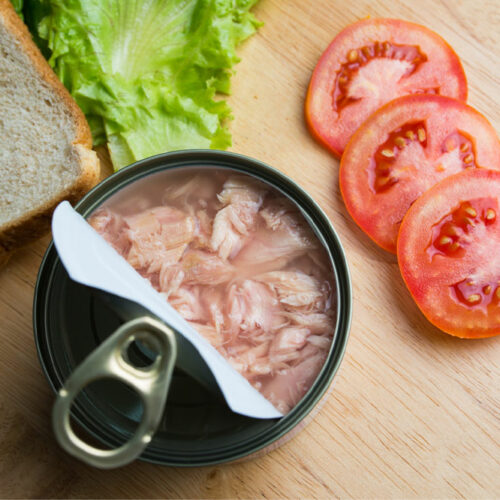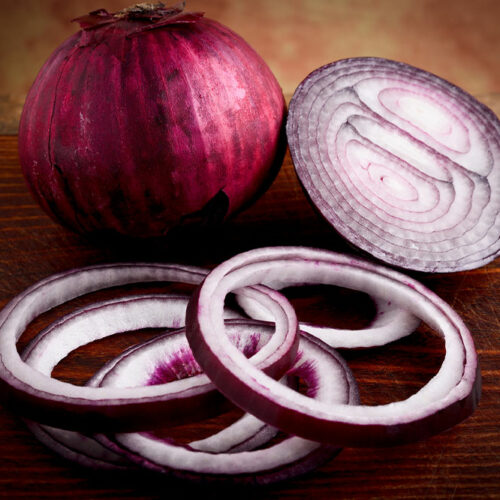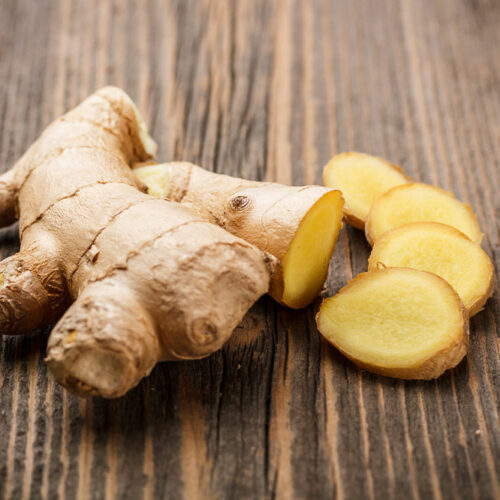5 rookie mistakes pickup truck drivers should avoid

Pickup drivers, typically beginners, often find themselves navigating a learning curve filled with trials and errors. While owning a pickup truck can be exhilarating and practical, it comes with its set of challenges. This article explores some rookie mistakes pickup truck drivers should be mindful of to ensure road safety and their vehicles’ durability. By steering clear of these errors, novice drivers can enjoy a smooth and enjoyable journey with their pickup trucks. Overloading the truck bed One of the most common mistakes new pickup truck drivers make is overloading the bed. It can be tempting to pile on a heavy load, but exceeding the vehicle’s payload capacity can lead to dangerous handling, reduced fuel efficiency, and excessive wear and tear on the truck’s suspension and brakes. One should consult the truck’s owner’s manual to determine its maximum payload and adhere to it. Moreover, weight should be distributed evenly, and appropriate tie-downs should be used to secure cargo. Ignoring towing capacity Understanding and respecting the towing capacity is paramount for those who use their pickup trucks for towing. Novice drivers may attempt to tow loads that exceed the truck’s limits, jeopardizing safety on the road. To avoid this mistake, one should confirm the truck’s towing capacity and ensure the trailer and load fall within those limits.






